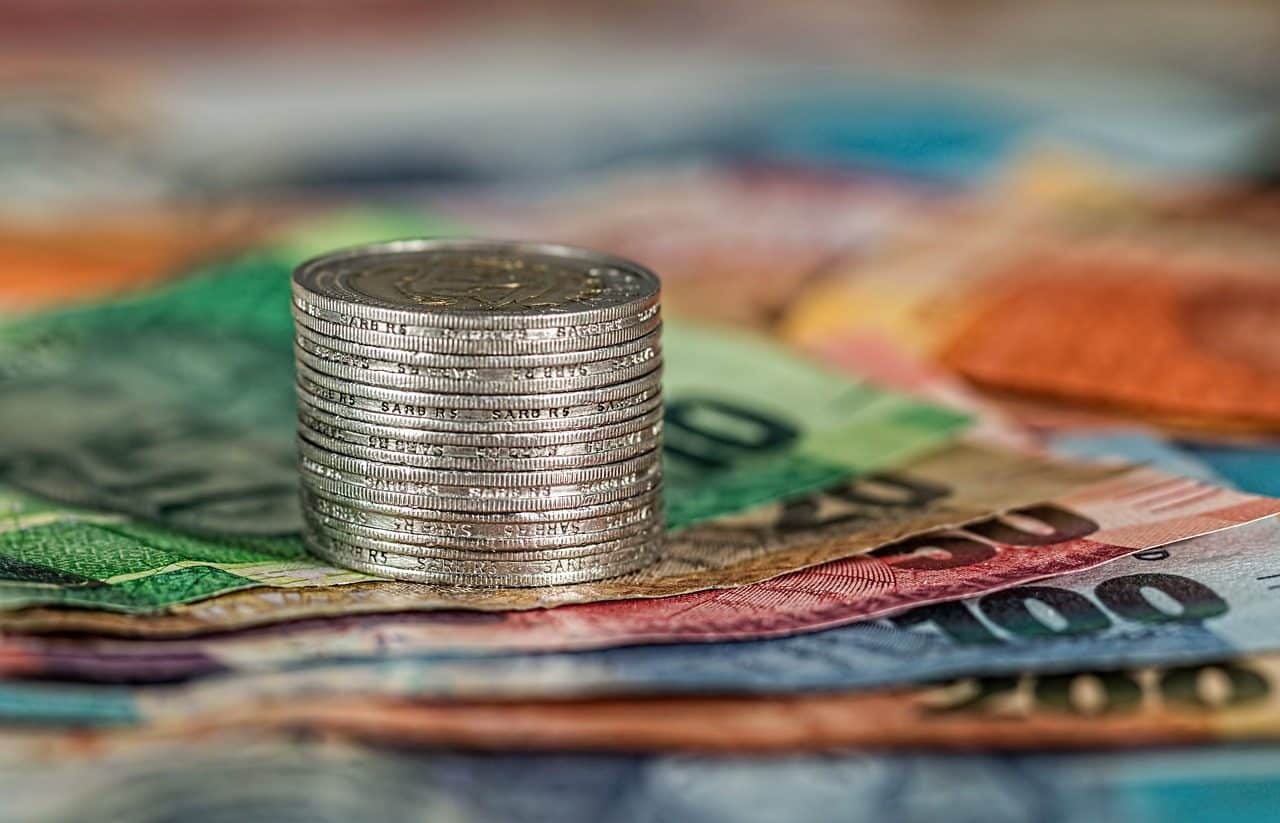
The Gross Domestic Product is known as GDP.
Gross Domestic Product is a notion also referred to as GDP that is used in the field of macroeconomics to name the value that totals the production of goods and services of a country in a certain period.
What is usual is that GDP is taken as the basic indicator to reflect the wealth of a region.
Calculation of Gross Domestic Product
Although it is complicated to calculate because there are many variables in this regard, we can say that the Gross Domestic Product of a country is obtained based on the following formula:
GDP = C + I + G + X – M
In that aforementioned formula these are the terms that appear:
- C is consumption.
- I is the set of income associated with the nation in question.
- G is the public spending that exists in that place.
- X is the number of exports produced in the country.
- M indicates what is the set of imports that are carried out in the state.

To calculate the Gross Domestic Product, various variables are considered.
Classification according to type
To work with homogeneous data, all GDP variables are calculated in a monetary unit (like the dollar , for example).
Taking this issue into account, we can differentiate between real GDP (which takes the value according to constant prices, calculating inflation ) and nominal GDP (calculated with the current prices of the year in question). This means that a country can show great growth in nominal GDP if it has inflation, without this implying an increase in wealth.
Variables not included in the Gross Domestic Product
Despite the importance of calculating GDP, there are many economic variables that are not part of its composition. The figures of the informal or black economy , the environmental impact (with its economic consequences) and production for own consumption (with products that do not reach the market ), among other issues, are not included in the estimate of GDP but are relevant. in the economic life of a nation.
Furthermore, the aforementioned GDP cannot be concluded that faithfully determines the wealth of a country since it does not take into account what volunteering is, which is a service that is carried out without receiving any type of economic remuneration for it, not even what the assets and liabilities are, whether public or private.
In Europe , for example, based on calculations carried out by the World Bank, we could establish that the countries that usually have the highest Gross Domestic Product are Germany , France and the United Kingdom .
In today's society, in addition to the GDP indicator that we are analyzing, there are many others that are used to measure different aspects of it. Specifically, among those are the Human Development Index (HDI) or the so-called Green GDP .
